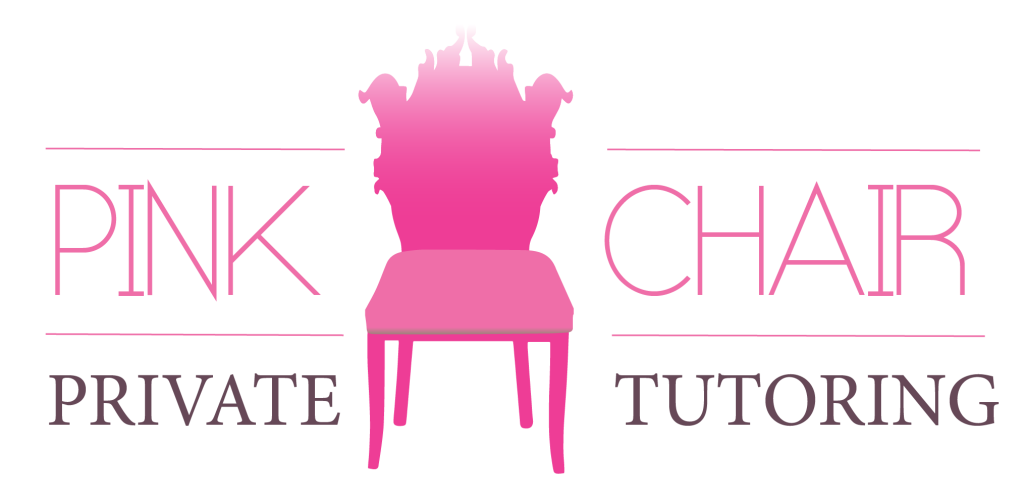Its time again for parent-teacher conferences.
If you’re among the parents who faithfully attends these bi-anual meetings, you probably have more than one reason for going. Perhaps your child doesn’t have the grades you expect. Maybe your child has talked to you about being bullied in class, or the teacher may have sent correspondence asking to meet with you. It could also be that
Whatever your reason for going, the teacher will be glad to see you. To make the most of your parent-teacher conference time, there are a few things you can do to ensure it goes smoothly.
1. Jot Down a Few Question
Most likely you are wanting to get certain information about your child and how they work in the classroom while at this parent-teacher conference. Help yourself out by taking 5-10 minutes to write down any questions that you may have for your teacher about your child in their classroom. Here are some questions you may want to ask:
-Are my child’s assignments completed in a timely fashion and at grade level?
-How is my child doing socially?
-Is there a way that we can supplement classroom learning at home?
-What are some of my child’s strengths and areas of improvement?
-How can I help you to best help
Write down the answers as well so that you can refer to them later should you need to.
2. Have an Open Mind
You know your child better than anyone. No doubt about it. However, the teachers your child comes into contact with also get to know your child; and the two views of the same child may not always line up.
Be ready to face some truths that may arise in a parent/teacher meeting about your child and please don’t feel as if the teacher is attacking you because of it. Be calm and level-headed so that you can most effectively communicate with your teacher. If your teacher does wish to bring something to your attention, it is most likely that they will do it in a kind and precise manner.
3. Include Your Child in the Conversation

But don’t let them run it. While you know that your child doesn’t always know what’s best, it is important for their development to be included on occasion; school is an easy stepping stone for that. Some easy ways to do this are to ask:
– What is the most interesting thing that you have learned in class this semester?
– Do you feel that you have mastered any skills in this class?
-What do you feel you have improved upon the most in this class?
Letting your child have a little bit of input can have a large impact on how they view their education. Doing this small step can also instill a sense of responsibility for their
4. Forge an Alliance
Go into your conference ready to work with your child’s teacher. They spend several hours everyday teaching and interacting with your child-in fact, they will spend more waking hours with your child each day than you do. It is important that both the parent and the teacher work to forge a respectful and trusting relationship that benefits your child
Students can do absolutely amazing things when teachers and parents come together. Teachers are usually more than happy to work with you when it comes to assignments and issues that may arise in class, and working as a unit instead of against one another, can lift up your student to reach expectations you didn’t know they were capable of.
As an added note, teachers are not always privy to everything to certain dynamics which may be affecting your child’s performance at school. Because of this, misunderstandings and assumptions can arise. While you don’t need to feel pressured to tell a teacher every detail of your child’s life, giving them a little bit of background knowledge can help the teacher to build an understanding around your student and often accommodate their unique needs if necessary.
5. Show Gratitude
Though teachers may appear to only work from the time you drop your child off at school until you pick them up, the reality is that their work does not stop often extends well into the day after the bell rings. The stacks of grading that they complete is only diminished by the amount of time spent designing fun and engaging lessons plans for their students. In other words, teachers do a LOT for your children that you will likely never see, and its always a good idea to show them how much you appreciate that.

There are several ways you can show gratitude to your child’s teacher which are both easy and inexpensive.
Parent-teacher conferences present a great opportunity to come together and share ways to help your child. These face-to-face meetings can have a big impact on your child in so many ways.
For example, you can simply say “Thank for all you do” at the end of the conference. Other ways include a nice handwritten card. Also, classroom supplies are a great token of gratitude. Anything from pencils, to hand sanitizer and even copy paper will go far to show your child’s teacher how much you appreciate them in a way they won’t soon forget.
The time you spend in your child’s classroom is one of the greatest expressions of love and support for their academic journey you can give them. Be sure to keep these tips in mind the next time you meet with your child’s teacher.
Ready to ace your next parent-teacher conference? Take our New Client survey here.


